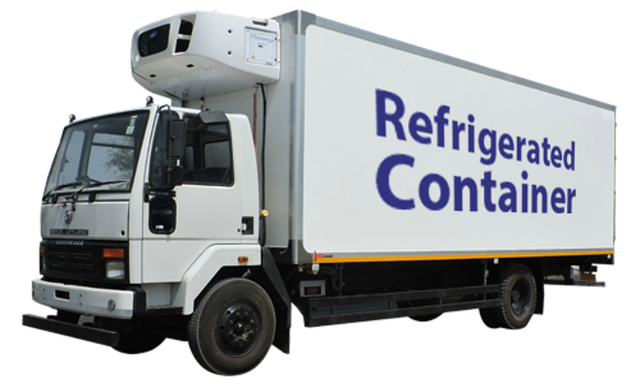In the complex multi-truck policy administration field, managing diverse fleet insurance plans presents challenges due to varied truck needs, regulations, and risks. Digital technology, including cloud platforms, automated data management, AI, and machine learning, is revolutionizing fleet insurance. These tools enable efficient tracking, real-time updates, faster claims processing, precise risk assessment, and customized coverage for each truck, driver, and cargo. Key digital components like robust fleet management software with GPS, automated billing, and secure cloud storage optimize operations, reduce errors, and enhance customer satisfaction for fleet insurance plans.
In today’s digital era, multi-truck policy administration poses unique challenges. From complex claim processing to varied policy structures, traditional methods often fall short. This article explores how leveraging technology can revolutionize fleet insurance plans by streamlining processes and enhancing efficiency. We delve into key components of effective digital systems and the substantial benefits they offer. Additionally, implementation strategies are discussed to help businesses navigate the transformation towards streamlined fleet insurance management.
Understanding Multi-Truck Policy Administration Challenges

In the realm of multi-truck policy administration, several challenges come into play. One of the primary hurdles is managing diverse fleet insurance plans for different vehicles and drivers while ensuring compliance with varying regulatory requirements. Each truck within a fleet may have unique coverage needs based on usage patterns, cargo types, and operating areas, complicating the task of crafting comprehensive yet tailored insurance policies.
Additionally, efficient tracking and management of these policies across an entire fleet are essential. Without robust technology solutions, administrators face the daunting task of manually updating records, cross-checking coverages, and ensuring no truck or driver is left uninsured. This not only consumes significant time and resources but also leaves room for human error, potentially exposing the business to risks.
Leveraging Technology for Streamlined Processes

In today’s digital era, leveraging technology has become a game-changer for streamlining multi-truck policy administration. By implementing advanced solutions, such as cloud-based platforms and automated data management systems, insurance providers can significantly enhance their fleet insurance plans. These tools enable efficient tracking of multiple vehicles, real-time policy updates, and faster claim processing, ultimately reducing administrative burdens and improving customer satisfaction.
Through the integration of artificial intelligence (AI) and machine learning algorithms, technology ensures accurate risk assessment and pricing for each truck within a fleet. This level of customization allows insurers to offer tailored coverage, accounting for specific vehicle types, driving patterns, and safety records, thus fostering a more robust and flexible insurance ecosystem.
Key Components of an Effective Digital System

An effective digital system for managing multi-truck operations must incorporate several key components. First and foremost, a robust fleet management software is essential. This technology enables real-time tracking of trucks, drivers, and cargo, facilitating efficient logistics and risk mitigation. By integrating GPS capabilities, the software can provide up-to-date location data, which is crucial for monitoring vehicle performance and ensuring driver safety.
Additionally, digital systems should offer automated billing and claims processing for fleet insurance plans. This streamlines administrative tasks, reduces human error, and speeds up payout times. Secure cloud storage for policy documents, along with automated renewal reminders and policy updates, enhances accessibility and ensures compliance. These features collectively contribute to a more optimized, responsive, and cost-effective operations process for multi-truck businesses.
Benefits and Implementation Strategies for Fleet Insurance Plans

Implementing technology to streamline fleet insurance plans offers significant advantages for multi-truck policy administration. Digital solutions can automate and simplify complex processes, such as risk assessment and pricing, saving time and resources. By leveraging data analytics, insurers can gain deeper insights into fleet operations, enabling them to customize coverage options tailored to specific needs, enhance safety measures, and ultimately reduce claims costs.
Effective implementation strategies include integrating specialized software platforms that facilitate seamless communication between carriers, brokers, and insureds. These platforms enable real-time policy updates, efficient claims processing, and automated reporting, ensuring better transparency and control over fleet insurance plans. Additionally, adopting mobile applications for policyholders can empower them to manage their policies on the go, further enhancing convenience and customer satisfaction.
By leveraging technology, multi-truck policy administration can be significantly streamlined, offering enhanced efficiency and cost savings. Implementing digital systems with key components like robust data management, automated processes, and secure platforms transforms traditional challenges into manageable tasks. The benefits are clear for fleet insurance plans, enabling faster quote generation, simplified claims handling, and improved customer satisfaction. With strategic implementation, these technological advancements ensure a modern, efficient approach to serving the unique needs of multi-truck operations.
